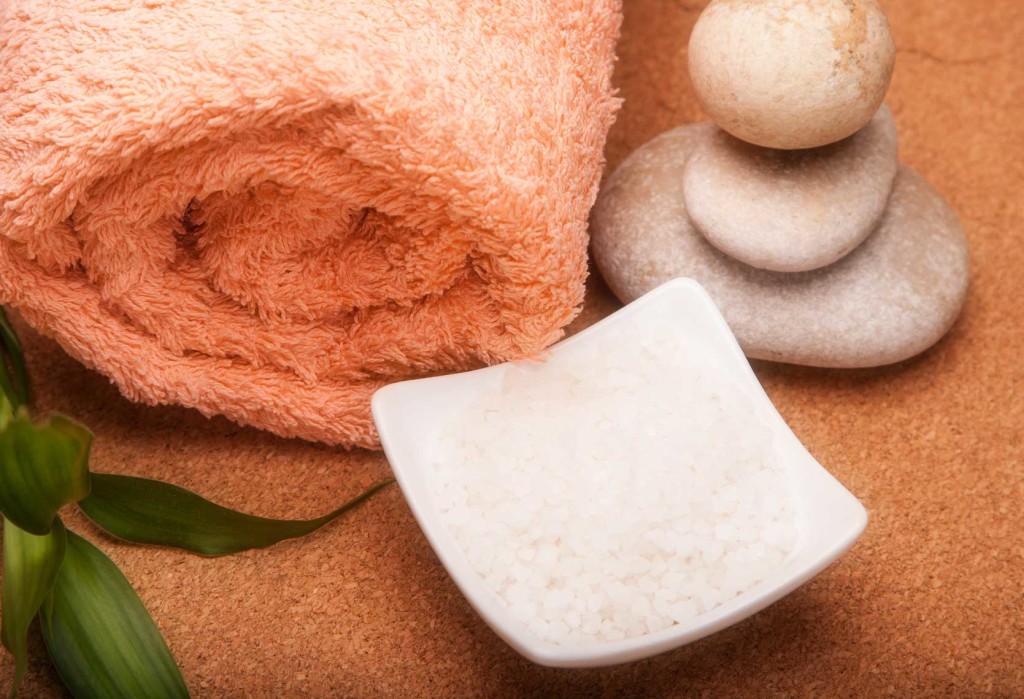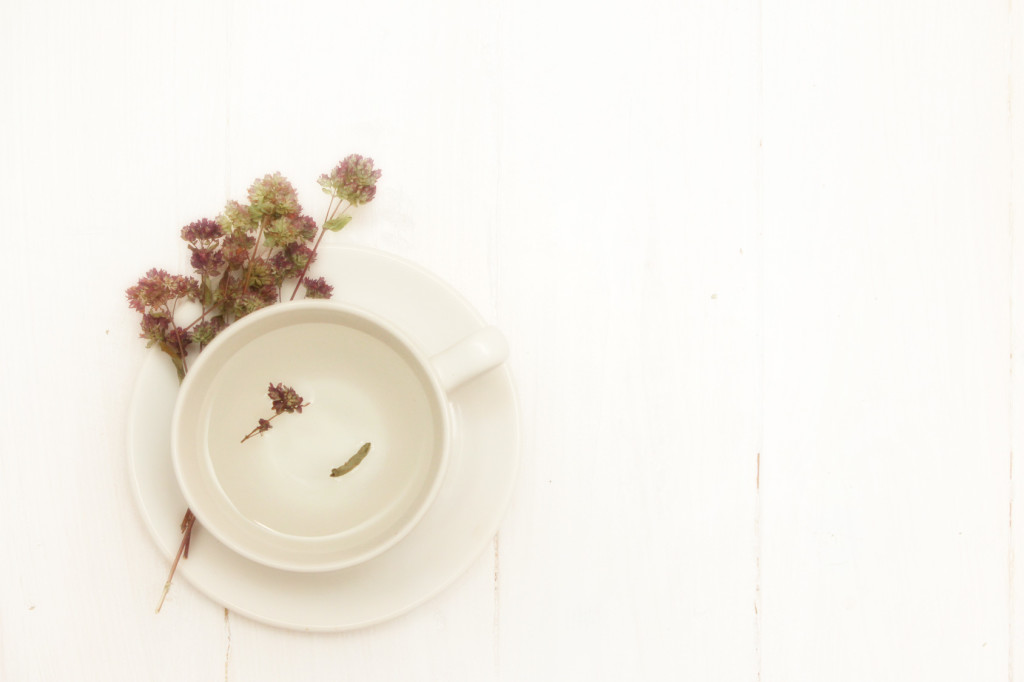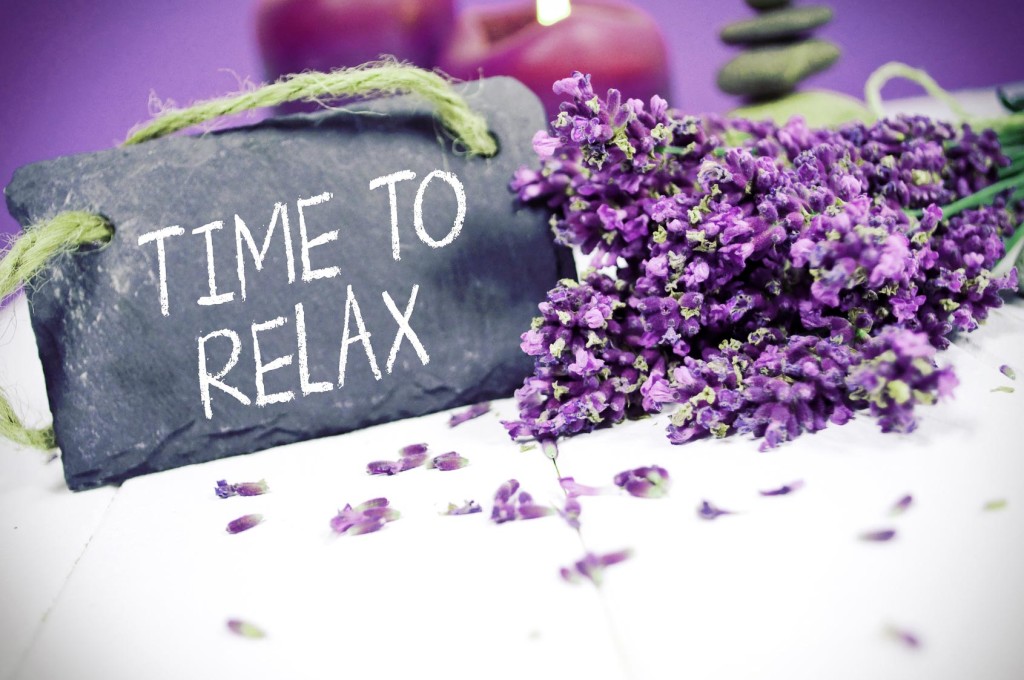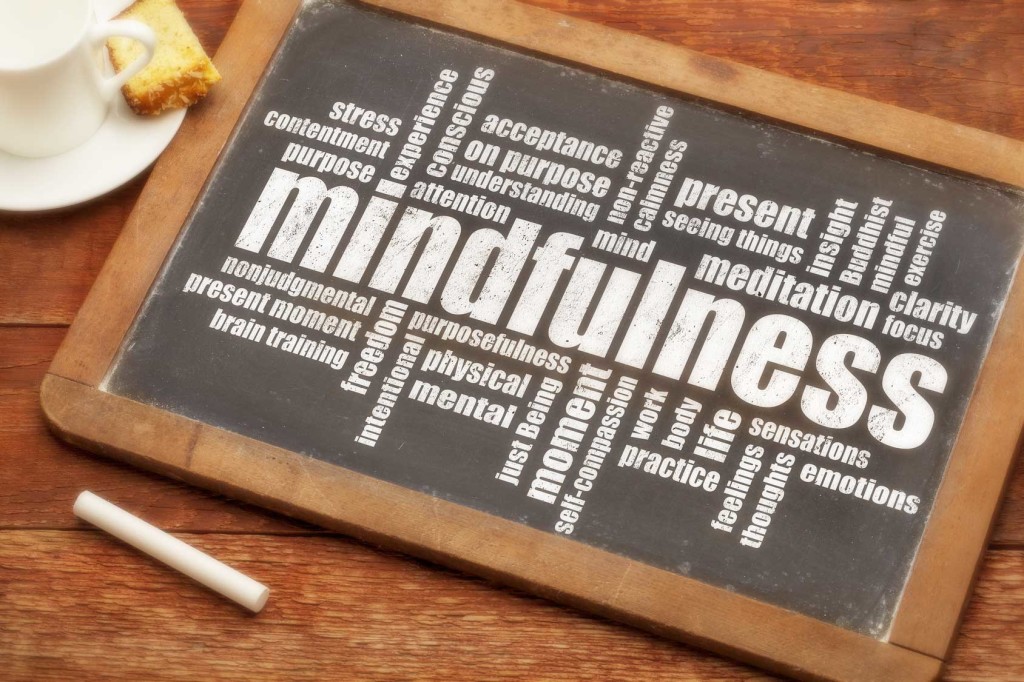12 Easy Ways to Practice Daily Mindfulness
Mindfulness is all the rage these days. It’s been featured in countless publications, from Forbes to Psychology Today, and it’s being enthusiastically embraced by everyone from therapists and CEOs, to rappers and Hollywood celebrities.
But what exactly does “mindfulness” mean? Even more importantly, how do you practice mindfulness, and why should you bother?
Mindfulness has risen to popularity in the West along with the practice of meditation, and the concept has it’s roots in the Far East, and Buddhism. But that doesn’t mean that it’s exotic, or difficult to understand.
It can be described very simply as the act of paying close attention to the present moment, without judging or labeling it. Or, even better: it’s the pure awareness that precedes thinking, categorizing and other cognitive activity.
You practice mindfulness by simply observing your surroundings, without analyzing or over-thinking any of it. When thoughts and judgments do come up (and they will, believe me) then you simply observe your own thinking with the same calm impartiality.
The state of mindfulness, or pure awareness without thinking, puts us directly in touch with the world and our senses, instead of perceiving everything through the filter of our own mind, our own judgments. We can then see things as they really are – vibrant, alive, full of richness and variety. Food tastes better, music sounds better, and just about everything becomes more colorful and interesting.
The mindful state not only sharpen our senses, but it can also help us to free ourselves from the destructive thought patterns that cause depression, anxiety, and other common ills.
Sounds pretty good, right?
But wait a minute. You might be wondering, “Do I have to be a Buddhist to practice mindfulness, or meditate for hours every day?” Good news! You don’t have to be a Buddhist. And you don’t have to sit and meditate in order to practice mindfulness (although it certainly doesn’t hurt).
Here are 12 incredibly easy ways that you can add a little mindfulness to your day, as you do the things you normally do anyway.
Mindfulness in the Morning
You can practice mindfulness anytime, anywhere, but it’s especially important to practice in the morning. How you start your day sets the tone for everything that comes after, so be sure to get started on the right foot.
1. Wake Up Mindfully
You can practice mindfulness the instant that you wake, before you even reach over to turn off your alarm. Just bring your awareness to the here and now. What do you sense? How do you feel?
Actually listen to the tone of your alarm, the noise of your air conditioner, the sounds outside your bedroom window. Feel the heaviness of your eyelids, the tension in your back and your legs. Give your muscles a long, slow, gentle stretch. Notice all the subtle little sensations that go on as you transition from sleeping to waking.
Take it all in without running any mental commentary about it (or try to at least; it’s easier said than done).
2. Practice In the Shower
You can take mindfulness right into the bathroom with you, as you prepare yourself for the day ahead. The shower in particular is a perfect place to practice. Pay close attention to the temperature of the water, and how it feels as it pours over your skin, and cascades down your body. Be aware of the scent of your soap, your shampoo, conditioner, lotion, etc.
Feel the softness of your robe and your towel, the way your damp hair clings to your skin, the contrast between wet and dry. Be mindful of the taste of your toothpaste, and the feel of the bristles on your gums. Again, just practice being aware of all this with minimal mental chatter.
3. Be Mindful Of Your Habits
I don’t know about you, but one of the first things I do every morning is make coffee. I’m usually only semi-conscious at this point (no caffeine yet, you see), and I can accomplish the entire job completely on autopilot – from grinding my beans and starting the machine, to raising the cup to my lips for that first, magical sip.
Or, I can slow down, pay attention, and practice mindfulness. I can bring my awareness to each step of the process, how I feel as I do it (tired, cranky, craving caffeine), the thoughts making their way through my groggy head (usually just one thought: need coffee), to the aroma of fresh ground beans.
And then, the cherry on top: the first sip as it hits my tongue; the glorious, heavenly taste that awakens my mind and body, and signals the official start of my day. Aaaahhh…
The same general principle applies to any habit or routine. You can use even the most mindless habit as an opportunity to wake up, to be aware, to practice mindfulness.
4. Mindful Eating
They say breakfast is the most important meal of the day. That makes it the most important time to practice mindful eating.
Start in the kitchen. Be mindful of your selection; listen to what your body is craving. Do you really need to start the day off with a heaping plate of bacon, or biscuits and gravy? Or would be better off with lighter fare, like fruits and oatmeal? Be mindful as you prepare your meal, giving your full attention to each and every step.
And lastly, be mindful as you eat. Chew slowly, and pause between mouthfuls. Savor the flavor and texture of your food, feel it as it makes it’s way down to your belly, be aware of when you’ve had enough.
Mindfulness Out in the World
So you’re off to a good start. You’ve put the steps above to work for you, or invented your own way to be mindful in the morning (I’m giving you the benefit of the doubt here). Now what?
As I said before, you can practice mindfulness anytime, anywhere. Here are four ways for you to be more mindful when you’re out there in the great big world, taking care of business.
5. Mindful Driving
How many times have you gotten in the car, started the engine, cranked up your stereo, and pulled out onto the road… and the next thing you know, you’re at your destination.
Where did the time go? You drove the whole way, miles across town, on autopilot – lost in thought, daydreaming, zoning out, whatever you call it, you were barely paying attention to the road, and what you were doing. It’s alright. It happens to all of us.
But not today. Today you are going to practice mindfulness behind the wheel.
Turn the stereo off. You don’t need music or talk radio or any kind of entertainment (otherwise known as “distraction”). Just pay attention to the road, and all that there is to see. Be aware of your hands on the wheel, your feet on the peddles, the hum of the engine, the roar of the wind. Let the mental monologue go on, but don’t get wrapped up in it. Stay present, in the moment.
6. Mindfulness While Waiting
Speaking of driving, don’t you love a good traffic jam? Nothing takes a calm, sane and friendly person and turns them into an angry, raving maniac quite like bumper-to-bumper, gridlock traffic.
But it doesn’t have to be that way. You can use that time stuck in traffic to practice mindfulness. Put your car in park, sit back and close your eyes. Take a deep breath and relax. Bring your awareness to your body, your emotions. Feel any tension, frustration, boredom or anxiety as it arises.
Take another deep breath. Now let it go. Getting angry, tense or frustrated won’t help you. Being in a hurry won’t get you there any faster. Release it. Let it go. Just relax, and be here now.
This same principle also applies to time spent in waiting rooms, or long lines at the supermarket or the DMV. Whenever you find yourself stuck, waiting, and powerless to move things along…
7. Mindfulness At Work
You can practice mindfulness in your office or workplace by simply focusing on one thing at a time, and giving your full attention to the task at hand.
Put your phone away, close your email, and let yourself become absorbed in what you’re doing. Don’t think about it – lose yourself in it. Even if your job requires you to juggle many different tasks, that just means switching rapidly from one thing to another. You can only really do one thing at a time, and the more you can zero on in that one thing, the more productive you’ll be.
And you’ll also feel more peaceful, and less stressed out. Who couldn’t benefit from that?
8. Random Mindfulness Moments
One super effective way to be more mindful is to program random “mindfulness moments” throughout your day. Think of it is a mindfulness life hack.
The easiest way to do this is to set a timer on your watch or your phone to go off every hour or two (bonus: there’s an app for that). This alarm is your reminder to pause for a few seconds, and take a deep breath, relax, and check in. Become aware of your surroundings, notice how you feel. Spend a few moments just being mindful, before you go back to what you were doing.
If the idea of setting an alarm seems crazy or impractical, then you can use certain “mindfulness cues.” For instance, anytime someone asks you, “How are you doing?” Instead of giving an automatic answer, pause for a mindfulness moment, and then respond.
Ending the Day on a Mindful Note
How you end the day is just as important as how you start it. Try these simple strategies to become more aware of how you spend your evenings, and your precious downtime.
9. Take Time to Unwind
When you come home at the end of the day, don’t head straight for the TV or the refrigerator. Take a few minutes just to relax and unwind, to sit and be mindful of the present moment – without reaching for comfort or distraction of some kind.
This is a great opportunity to take stock, to process the events of the day, to sort out your feelings and release any lingering stress or frustration. This way you can leave the past in the past, and go about your evening calm, clear, and present to the now.
10. Practice Active Listening
When you’re with the ones you love, be it your partner, your children, your family or friends, this is a great time to practice mindfulness. Give them your undivided attention. Actively listen to what they have to say, instead of tuning them out, or just composing your response in your head.
Being present in this way not only helps us to become more mindful, it enriches our relationships, and deepens our intimacy and connection with those dear to us.
11. Turn Household Chores Into Mindfulness Practice
Just like you can practice mindfulness at work by giving your complete attention to the task at hand, you can do the same thing at home, while doing the laundry, or the dishes, etc.
Don’t let your mind convince you that it’s boring, that it’s a burden or a drag. Just be present to what you’re doing, one movement, one moment at a time. Let yourself be absorbed in the repetition of it, paying attention to the tiniest details, giving no thought to what you could be doing instead.
Just be mindful, be present, and you can turn your daily chores into a meditation!
12. Go Unplugged
One of the best ways to practice mindfulness is to turn off all devices – TV, stereo, laptop, phone, everything – at a certain time in the evening, at least an hour or two before going to bed. This frees you from the endless distractions of electronic media, and forces you to be mindful of the present moment.
If the idea of going unplugged every night terrifies you, see a therapist. Ha, ha – just kidding! (But seriously though, people can be addicted to their devices. Don’t let it happen to you!)
You can start out with just one night a week, and work your way up. Be mindful of how you feel when you’ve been staring at a screen for hours, vs. how you feel when you go unplugged. If you’re anything like me, the difference is staggering – and more than enough to make you want to unplug more often!
Give these 12 mindfulness tricks a try, and see what a difference it can make in your life. Have any questions, comments, or strategies of your own? Leave them in the comments below!















Margret-Anne
Great articles! …on mindfulness and saying “No.”
Very clear and enjoyable to read. Thank you for these Tools everyone can use to be happier.
Margret-Anne Cummings
http://Www.PracticalMeditationCoach.com
zenful
Margret,
Glad you found them helpful. If you have any additional tips please feel free to share. Looking forward to hearing much more from you 🙂
John Murphy
Great article. I have been practicing mindfulness for many years now – throughout the day as you describe – and it has made a huge difference in my life, personally, professionally, financially, socially, emotionally and spiritually. Thank you for this wonderful summary!
zenful
Glad to help. Just 10 minutes a day can make a huge difference as you know 😉